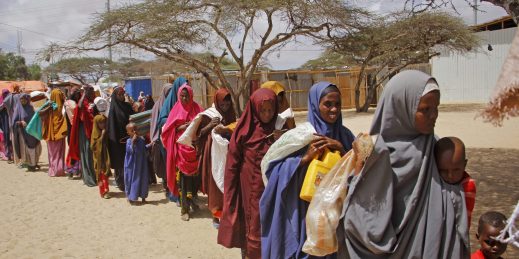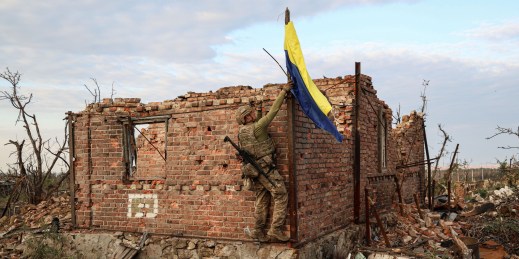Global Archive
Free Newsletter
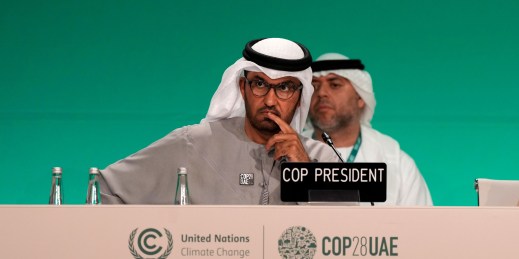
The U.N. COP28 Climate Change Conference concluded with a pledge to transition away from fossil fuels, the first such major multilateral agreement to call for signatories to do so. As a result, the pledge was heralded as a historic achievement. But does this actually mean that climate diplomacy has turned a corner?

As 2023 ends, ambassadors and international officials at the U.N. do not have much to celebrate. The organization was having a hard year even before Hamas attacked Israel in October. Now the war in Gaza has sparked furious debates in the Security Council and General Assembly, with many asking if the U.N. can recover from the crisis.
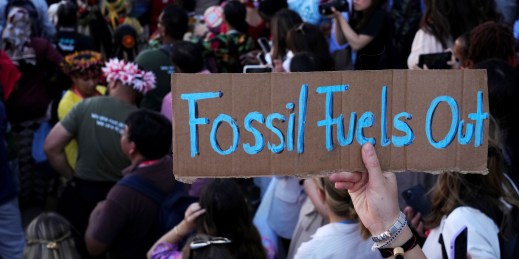
The impacts of climate change are advancing faster than experts had previously predicted, and they are increasingly irreversible. But persistent climate skepticism from key global figures, motivated in part by national economic interests, is slowing diplomatic efforts to systematically address the drivers of climate change.
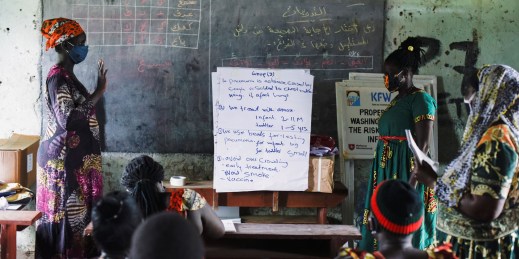
Financing is a critical component in the response to various development goals across the Global South, but it is also urgent to scrutinize how solutions are implemented. In particular, the exclusion of local actors affects the effectiveness of international assistance and can even lead to foreign aid doing more harm than good.
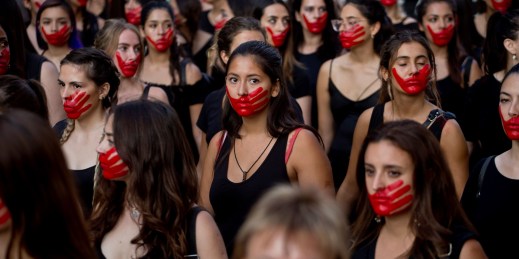
While women’s rights have become a mainstream issue, societal change when it comes to gender equality has lagged. And in many countries where legal protections of women have made gains, they have faced a backlash. Meanwhile, gender-based violence remains a scourge, despite the emergence of the #MeToo movement.
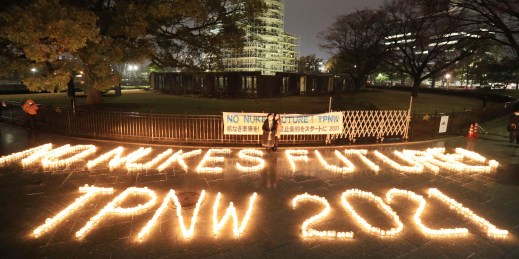
Some observers have wondered whether the taboo against nuclear weapons is weakening under the pressures of resurgent nuclear brinksmanship and unyielding nuclear postures. But based on what political scientists know about international prohibition norms, there is less need for concern here than it might seem.

